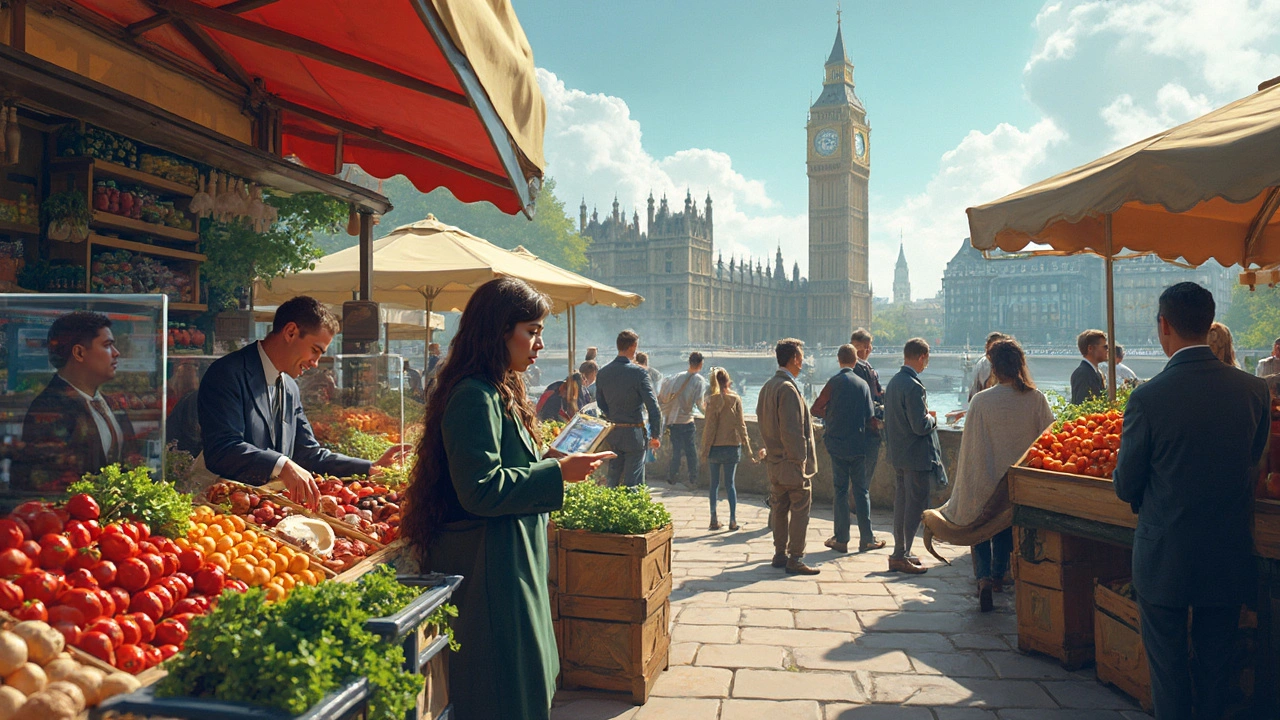AI in Food Industry: Transforming How We Produce and Enjoy Food
Ever wonder how artificial intelligence (AI) is shaking up the food industry? From farm to table, AI is making food production smarter, safer, and more efficient. It’s not about robots replacing chefs but about smart tools helping everyone work better and faster. Let’s cut through the buzz and see what AI really does for food.
AI Making Food Production Smarter
One cool thing AI brings to food production is better crop monitoring. Using drones and sensors, AI systems spot problems like pests or nutrient shortages early. That means farmers don’t waste time hunting down issues—they get alerts and specific advice. This helps farms grow more food with less water and fewer chemicals, which is good for the planet and our wallets.
AI also speeds up food processing. Machines powered by AI can sort fruits, veggies, or meat far faster than people and with fewer mistakes. This ensures you get better quality food on your plate and cuts down food waste. For example, AI-powered cameras can detect bruises or spoilage that human eyes might miss, helping packers discard only bad products while saving the good ones.
Boosting Food Safety and Innovation
Food safety is huge, and AI is a game changer here. Systems can track food from farm through shipping to store shelves using smart tags and data analysis. This makes tracing problems like contamination quick and precise, stopping outbreaks before they spread. AI also helps labs test for bacteria or toxins faster, meaning safer food for us all.
On the innovation side, AI helps create new recipes and improve food flavors. By analyzing huge databases of ingredients and customer feedback, AI suggests combinations humans might never try. Some companies even use AI to develop meat alternatives or enhance nutrition to make healthier choices tasty and affordable.
So, AI in the food industry isn’t some far-off idea; it’s already here making real changes. Whether you’re growing crops, producing snacks, or just buying groceries, AI touches your food journey to make it smarter and safer every step of the way.

- Mar 4, 2025
- Jefferson Maddox
- 0 Comments
The Future of AI in the Food Industry: A Revolution in Every Bite
AI technology is reshaping the food industry, from enhancing supply chains to creating personalized dining experiences. This article explores the transformative impact of AI on how we grow, produce, and consume our food. Discover the exciting innovations and practical applications that AI brings to the table. Learn how AI can contribute to sustainability and what it means for the future of food. Dive into the specifics of AI's role and understand its potential benefits and challenges.
